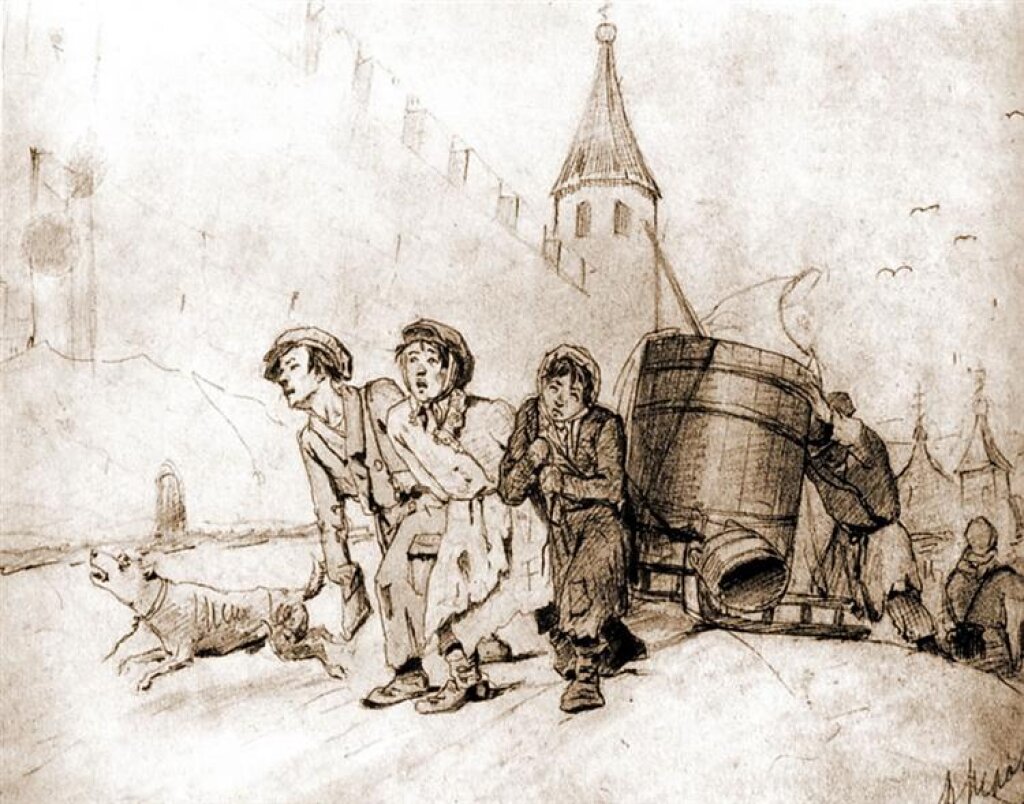This talk considers the “peasant question” that became acute in the wake of the 1861 emancipation of the serfs in the Russian Empire in relation to the “nationalities questions” of the same period through the lens of Fedor Reshetnikov’s fictional ethnographic sketches from the 1860s. These “questions,” among the proliferate big social questions of the era, are often taken separately, primarily because they were discussed separately in the press at the time. But Reshetnikov’s work shows that the issue of how to imagine national belonging across class lines was closely linked to issues of ethnic and confessional difference. Reshetnikov’s 1860s sketches describe a common experience unfolding among diverse communities—from Komi peasants in Perm’ province, to Old Believer factory peasants in the Urals, to Jews in the Pale of Settlement. The author, who lived a proletarian life himself, sought out narratives of upheaval and dispersion within these diverse milieux. His work presents a multi-ethnic mass of impoverished people perpetually on the move, who bind together the sprawling geography of the Russian Empire through their collective migration. By decentering traditional agrarian peasant life, Reshetnikov undermines any articulation of post-emancipation collectivity that relies on shared Russian national being—as we find, for example, in Nikolai Nekrasov’s contemporaneous poetry about peasants. His representations of popular life assert the need, instead, for material change. At the same time, his sketches leave certain ethnic boundaries intact—in particular, he tries and fails to write a narrative of proletarianization that unfolds within Jewish society. This talk will describe how Reshetnikov’s vision of a swiftly proletarianizing “common people,” challenged the way the “peasant” and “nationalities” questions were being framed on all sides of the political spectrum in the 1860s. The talk will also address how Reshetnikov’s sketches help us understand the place of Russian ethnic identity in the radical view of civic national belonging, which anticipates the complex place of Russian identity within later efforts to relate ethnic difference and class solidarity in the revolutionary and Soviet periods.
This event will be hosted in person and virtually on Zoom. Register for the Zoom meeting here. Non-NYU affiliates must RSVP for in-person campus access.
Helen Stuhr-Rommereim is Visiting Assistant Professor of Russian at Swarthmore College. She is currently completing her book manuscript, Newborn Gravediggers of Realism: Proletarian Writers in Russian Literature, 1857-1877. Her work has appeared in a number of publications, including Russian Review, Novoe literaturnoe obozrenie, and Feminist German Studies, and has been funded by Fulbright, American Councils, and the Kennan Institute.



